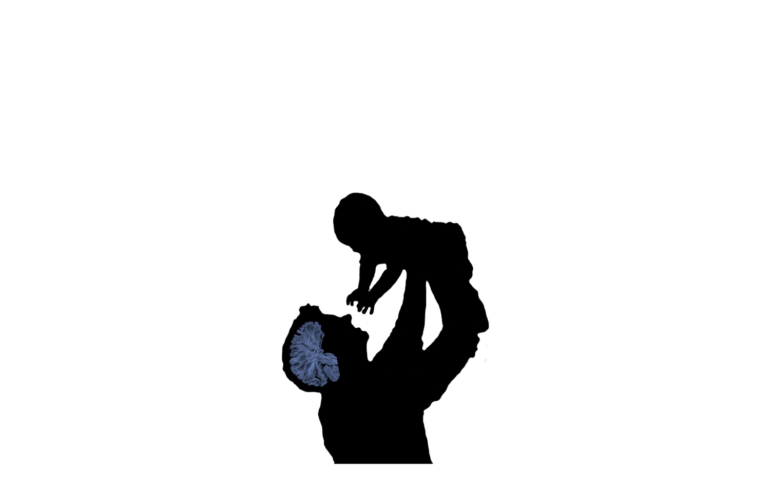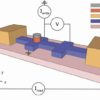The time fathers devote to child care every week has tripled over the past 50 years in the United States. The increase in fathers’ involvement in child rearing is even steeper in countries that have expanded paid paternity leave or created incentives for fathers to take leave, such as Germany, Spain, Sweden and Iceland. And a growing body of research finds that children with engaged fathers do better on a range of outcomes, including physical health and cognitive performance.
Despite dads’ rising participation in child care and their importance in the lives of their kids, there is surprisingly little research about how fatherhood affects men. Even fewer studies focus on the brain and biological changes that might support fathering.
It is no surprise that the transition to parenthood can be transformative for anyone with a new baby. For women who become biological mothers, pregnancy-related hormonal changes help to explain why a new mother’s brain might change. But does fatherhood reshape the brains and bodies of men – who don’t experience pregnancy directly – in ways that motivate their parenting? We set out to investigate this question in our recent study of first-time fathers in two countries.

While the baby grows inside the mother-to-be, biological changes prepare the woman for motherhood.
Orbon Alija/iStock via Getty Images Plus
Pregnancy’s effect on a new mom’s brain
Recent research has found compelling evidence that pregnancy can enhance neuroplasticity, or remodeling, in the structures of a woman’s brain. Using magnetic resonance imaging, researchers have identified large-scale changes in the anatomy of women’s brains from before to after pregnancy.
In one study, researchers in Spain scanned first-time mothers before conceiving, and again at two months after they gave birth. Compared with childless women, the new mothers’ brain volume was smaller, suggesting that key brain structures actually shrank in size across pregnancy and the early postpartum period. The brain changes were so pronounced that an algorithm could easily differentiate the brain of a woman who had gone through a pregnancy from that of a woman with no children.
All across the brain, these changes are visible in gray matter, the layer of tissue in the brain that is rich with neurons. Pregnancy appears to affect structures in the cortex – the most recently evolved, outer surface of the brain – including regions linked with thinking about others’ minds, a process that researchers call “theory of mind.” Mothers also show brain changes in the subcortex – the more ancient structures nestled deeper within the brain that are linked with more primitive functions, including emotion and motivation.
Why do these structural brain changes happen after pregnancy?
Researchers believe these brain changes may facilitate mothers’ sensitive caregiving of newborns, who demand constant attention and…



